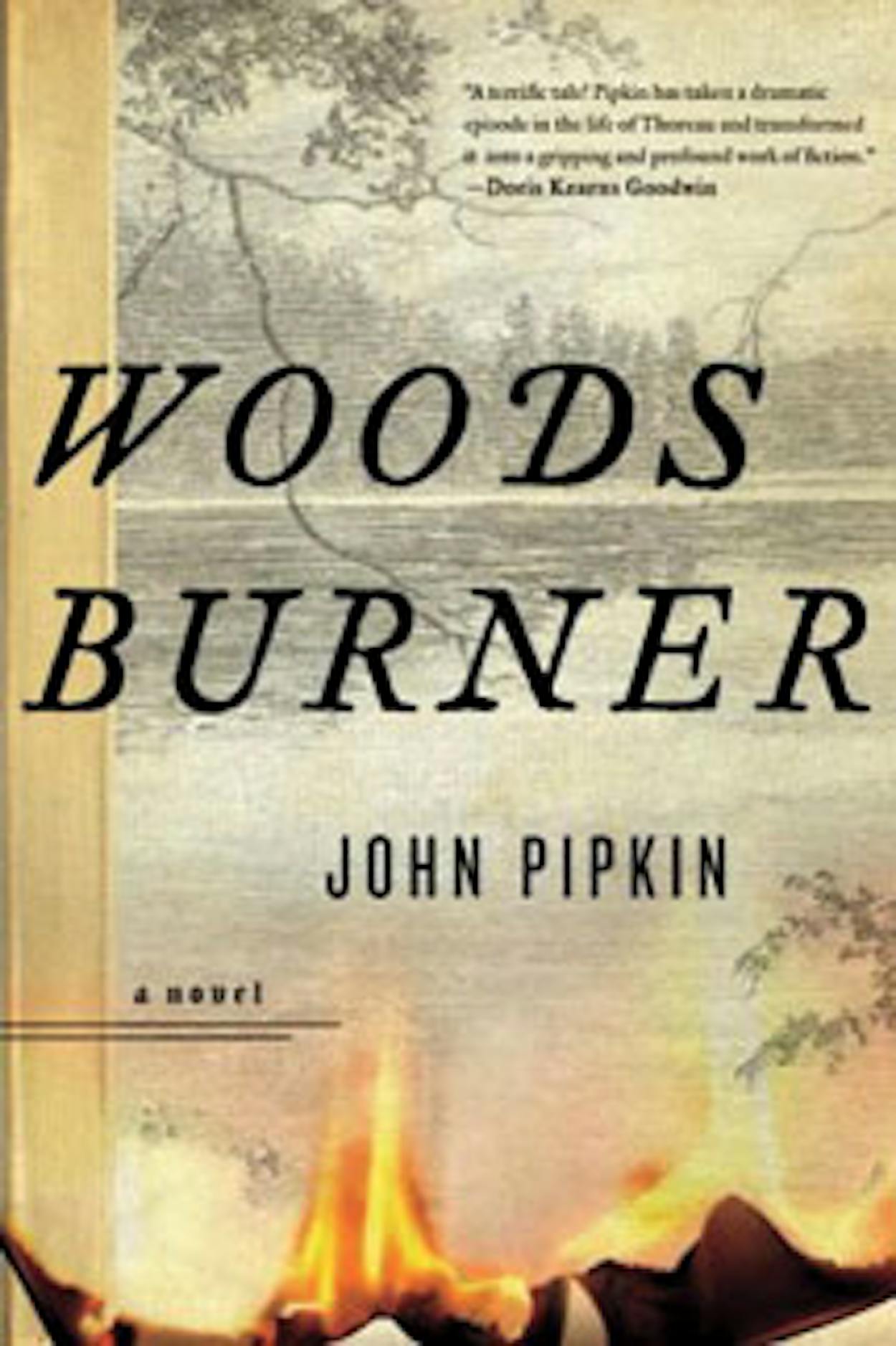One year before moving into a small cabin near Walden Pond, 26-year-old Henry David Thoreau accidentally started a fire in Concord Woods that destroyed nearly three hundred acres. In his debut novel, Woodsburner, Austinite John Pipkin identifies that 1844 conflagration as a likely catalyst for Thoreau’s retreat from society, a period of self-seclusion that produced Walden. Pipkin also imagines the impact of the fire on the lives of three fictional characters: Eliot Calvert, an untalented playwright with a thriving bookstore financed by his father-in-law; Oddmund Hus, an immigrant farmworker in secret, hopeless love with his boss’s wife; and the Reverend Caleb Dowdy, a straitlaced minister whose hellfire-and-brimstone preaching belies his daily dalliance with an opium pipe. Like Thoreau, they are dissatisfied with their lives, and their individual encounters with the fire—facing it or fleeing it—push them toward decisions they might not otherwise make. Pipkin overworks his foreshadowing: On ships and in opium dens, ominous flames big and small presage the coming inferno. But that flaw is only a minor distraction in this beautifully executed historical fiction set in a young, rough-hewn America. Nan A. Talese, $24.95
Book Review
Woodsburner







